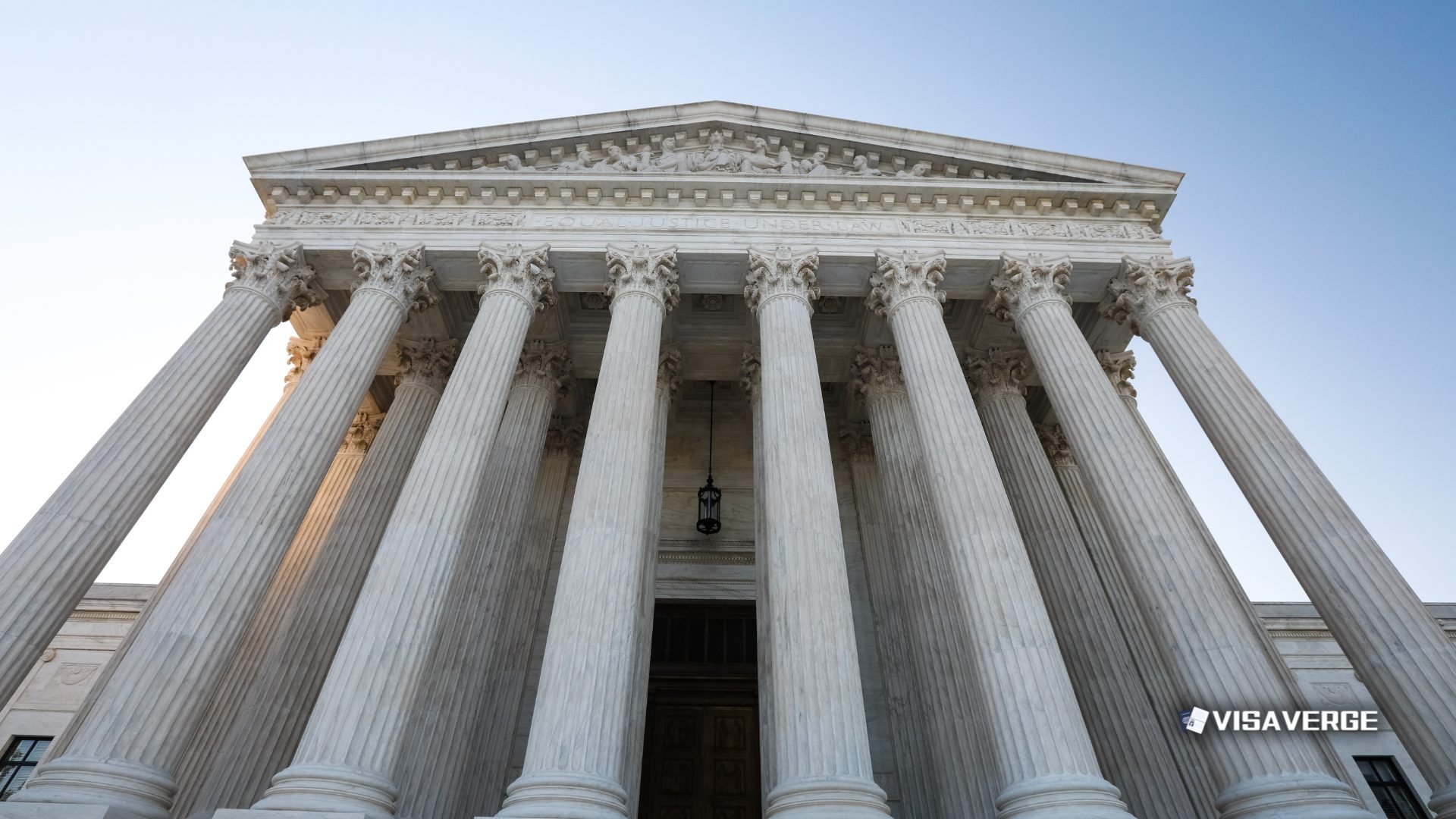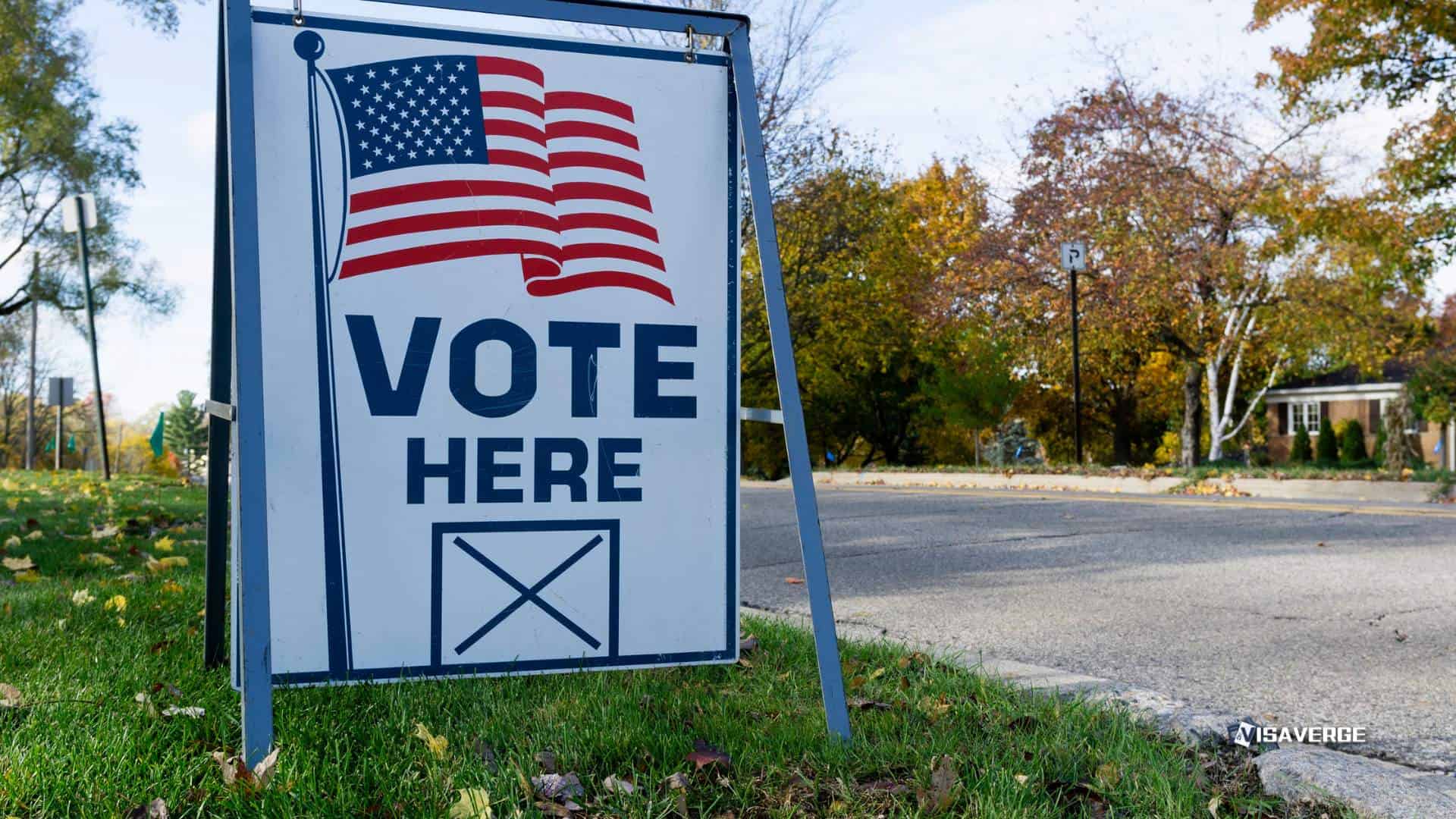A federal judge in Downtown Los Angeles (DTLA) is hearing arguments today on whether to end the Flores Settlement Agreement, which sets rules for how the government detains and releases immigrant children. The Trump administration seeks termination; advocates want stricter enforcement.
Judge Dolly Gee is weighing the government’s claim that Flores is outdated and blocks responsive policy. Immigrant-rights groups counter that children are being held longer in places not meant for kids — including airports and office buildings — with poor privacy and care. The outcome will affect how long children can be held and under what conditions.

What’s at stake in DTLA now
- The government says the agreement limits detention options during what it calls an immigration emergency. Officials argue they need more flexibility to detain families together and for longer periods.
- Advocates point to recent data showing longer detention times:
- The share of children held over three days rose from 2.4% in May 2024 to 10.3% in February 2025.
- Children held beyond two weeks increased sevenfold.
- Advocates say this shows ongoing violations and the need to keep Flores in place.
- The court isn’t deciding DACA today, but the hearing occurs amid broader fights over protections for Dreamers, many of whom rely on DACA to work and avoid deportation.
Voices from both sides
Advocates with the Center for Human Rights and Constitutional Law say children have been held in adult spaces with bright lights, no privacy, and limited access to showers. They argue that “Kids should be in child-appropriate settings and released quickly to family.” Government lawyers counter that Flores, written in 1997, doesn’t fit current border dynamics and blocks changes they say are needed.
What this means for children and families
If Flores remains:
– Children must be held in child-appropriate facilities.
– There is a strong preference for quick release to family or guardians.
– Time limits prevent long stays.
If Flores ends:
– The administration could detain children longer and in more settings with fewer checks.
– Child welfare experts warn of physical and mental health harms.
– Expect immediate policy shifts and likely new lawsuits if termination is approved.
DACA: where things stand today
The DACA program remains under serious legal pressure. On January 17, 2025, the Fifth Circuit Court of Appeals ruled DACA unlawful but allowed renewals to continue nationwide, except for initial applications in Texas due to a separate injunction.
Current picture:
– Current DACA recipients: You can keep filing renewals. File 120–150 days before your expiration to avoid gaps in work authorization.
– New DACA applicants: USCIS accepts initial filings, but they’re not processing them right now. Outside Texas, processing could change if courts or the administration act.
– Policy stance: President Trump says he supports some form of protection for Dreamers but hasn’t taken steps to restart or expand DACA processing. The administration remains focused on strict enforcement, including detention and deportations.
For official information on eligibility, evidence, and filing addresses, check the USCIS DACA page. USCIS also provides instructions for replacing a lost card, updating details, and tracking cases via the online status tool. As reported by VisaVerge.com, renewals continue to be the safest step for current recipients while the courts decide DACA’s future.
Legislation that could change lives
- DREAM Act inside the Dignidad Act (2025):
- Includes a path to a green card for people who arrived in the U.S. before age 18 and meet requirements (school, military, or steady work), plus English and civics.
- Has not reached a vote on the House floor.
- Supporters say it offers long-term stability; opponents question broader immigration impacts.
Without congressional action, Dreamers will remain subject to uncertainty tied to court decisions and executive policy shifts.
Practical steps for families and Dreamers
If a child is detained:
1. Ask officers about safe release to a parent, legal guardian, or other close family.
2. Keep copies of birth certificates, guardianship papers, and contact numbers ready.
3. If Flores remains, those rights continue. If it ends, ask for written notice of rights and facility standards.
For DACA renewals:
– Gather your last approval notice, current and prior EADs, and passport or ID.
– File early to avoid work gaps.
– Renewals require Form I-821D, Form I-765, and the I-765WS worksheet.
– File fees change, so confirm the latest amount on USCIS.
Work authorization timing:
– If your EAD is near expiration, talk to your employer about timing and show your renewal receipt if asked.
– Keep proof of continuous status.
Key officials and groups to watch
- Judge Dolly Gee: Oversees the Flores review in Los Angeles.
- President Trump and DHS Secretary Kristi Noem: Direct enforcement and detention policies.
- Sen. Dick Durbin: Leads Senate efforts to restore initial DACA processing and support a legislative fix.
- Advocates: Groups like the Center for Human Rights and Constitutional Law and Children’s Rights document detention conditions and bring cases on behalf of children.
Background that explains today’s fight
- Flores Settlement (1997): A consent decree requiring child-appropriate conditions and prompt release for minors in federal custody. It set a floor for humane treatment and has shaped detention practices for almost three decades.
- DACA (2012): An executive action offering protection from deportation and work permits for certain people brought to the U.S. as children. Legal challenges have reduced its scope, leaving renewals in place but blocking new approvals for now.
What happens next in DTLA
A decision could arrive soon. Possible immediate outcomes:
– If Flores is terminated, DHS would likely issue new guidance within days and advocates would file new lawsuits.
– If Judge Gee keeps Flores and orders stronger oversight, expect tighter timelines for release, more inspections, and penalties for violations.
Either way, families should:
– Prepare documents,
– Identify sponsors,
– Stay in touch with legal aid groups.
Important: Keep emergency contacts and documentation ready. Court rulings can change procedures quickly.
Official resource to bookmark
For DACA policy updates, renewal steps, and fee information, use the official USCIS page: uscis.gov/DACA. It’s the primary source for forms, filing addresses, processing times, and alerts.
What this means for communities
- Families at the border and in interior cities could see longer detentions if Flores ends, possibly in temporary spaces like airports and office buildings.
- Local schools, clinics, and faith groups — especially in cities like Los Angeles — will face added pressure to support newly released children or those who remain detained longer.
- Employers who hire DACA recipients should plan for renewal timelines and be ready to verify new cards to reduce disruptions.
Bottom line and immediate steps
- For children in custody: Know your rights today under Flores. Keep emergency contacts and documents ready. Ask for release to family as soon as possible.
- For DACA recipients: Renew 120–150 days before expiration. Track your case and keep receipts. Watch for court rulings and any changes to initial applications outside Texas.
- For advocates and allies: Document conditions, collect affidavits, and connect families to counsel. Push for humane standards regardless of the court’s decision and press Congress to act on a permanent solution.
This Article in a Nutshell







